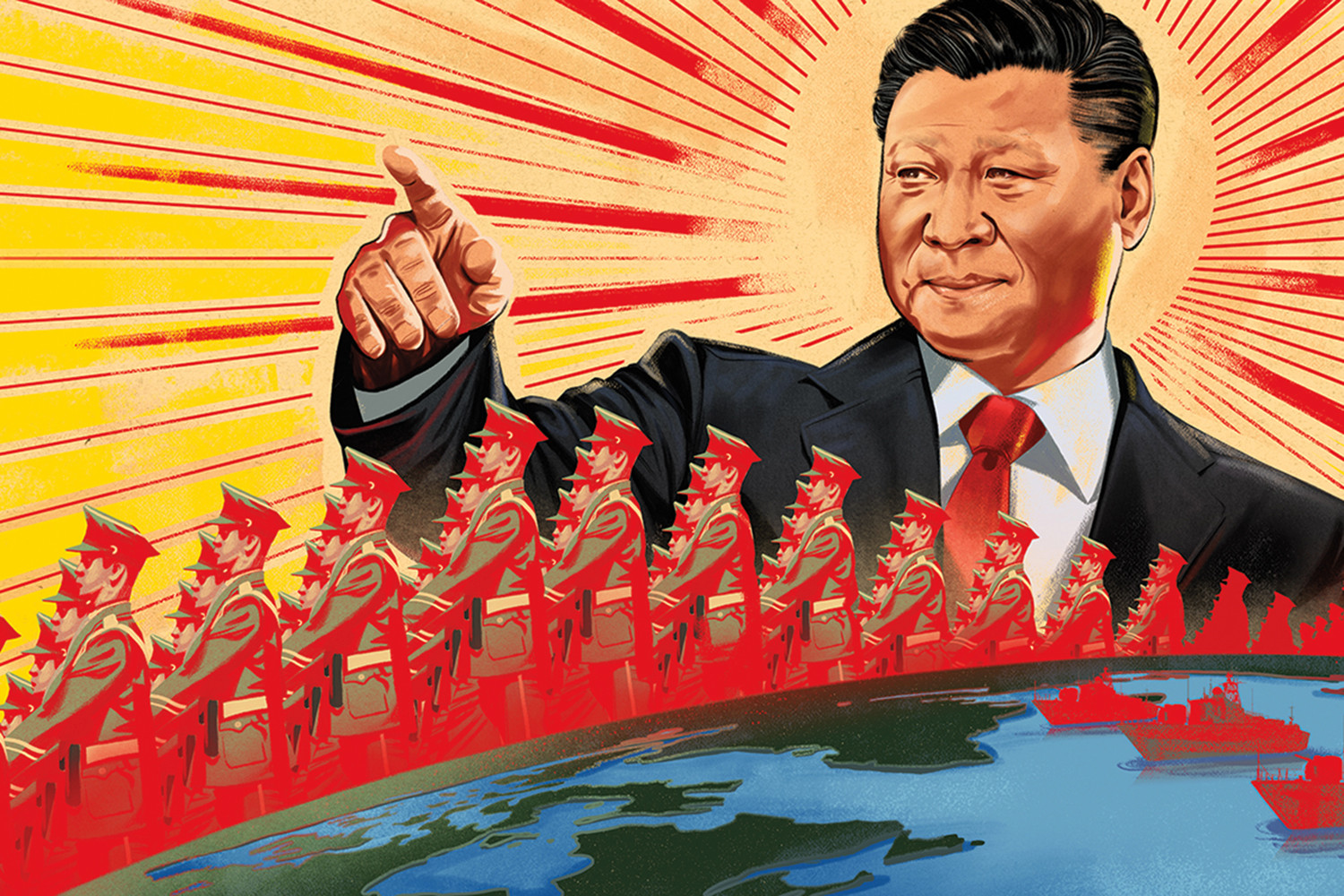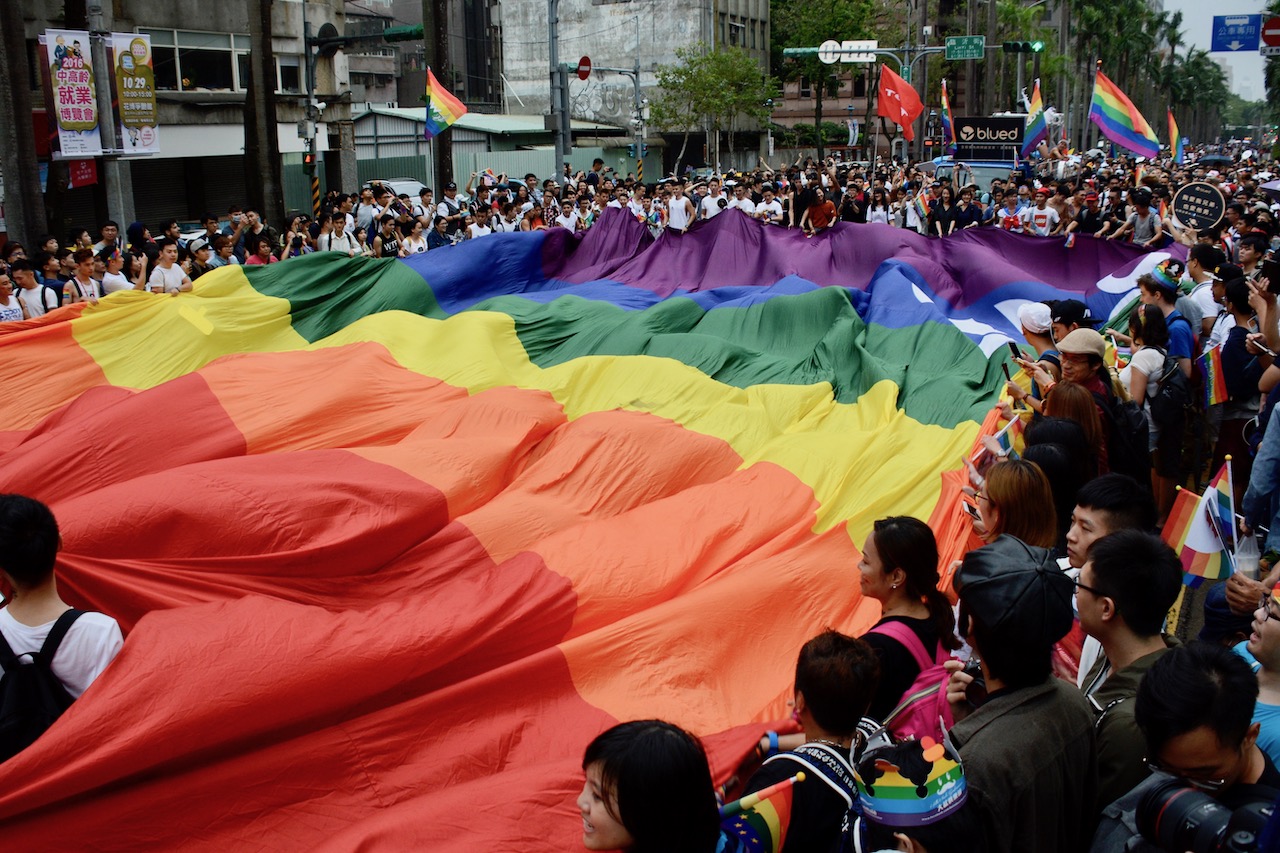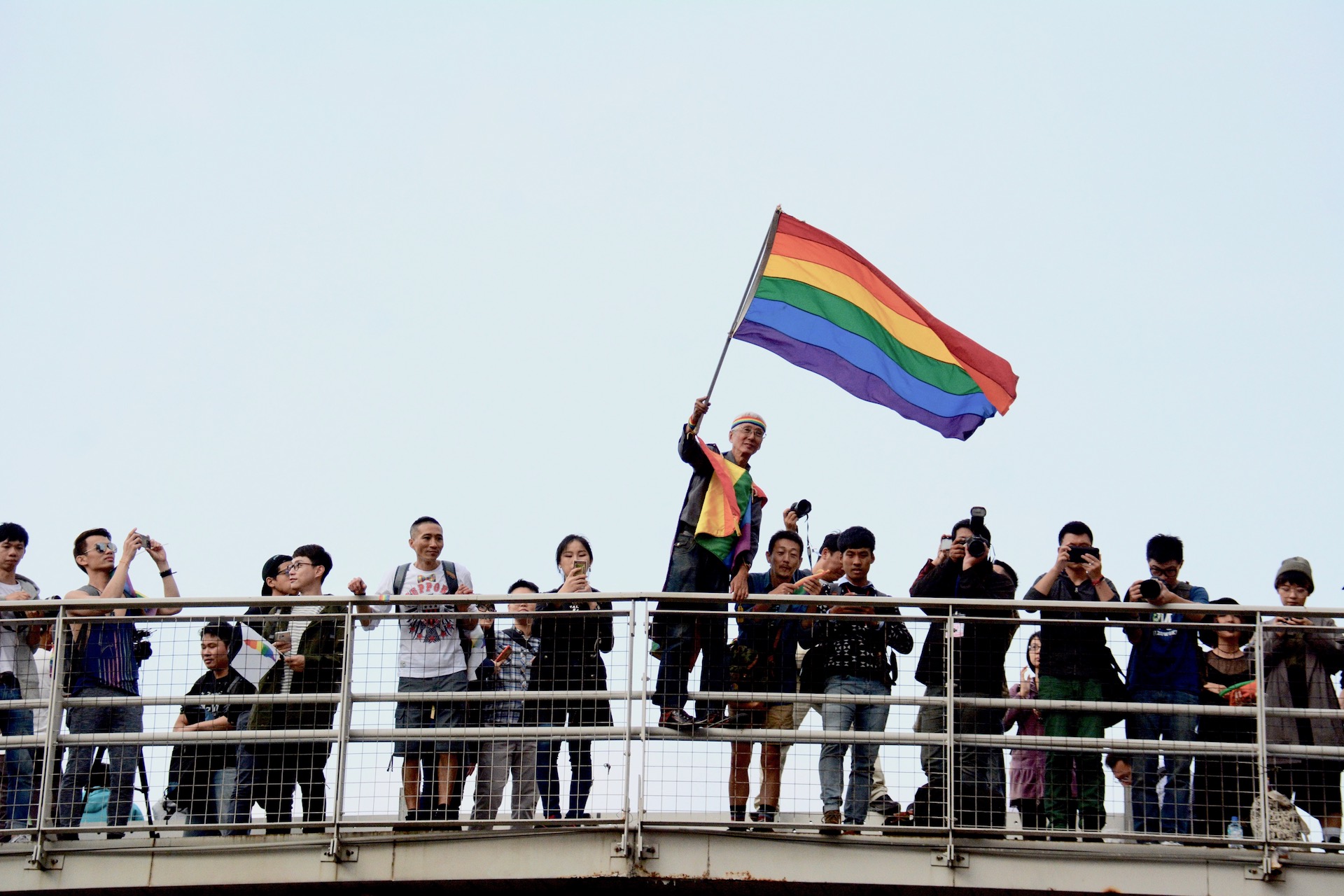Expanding human rights so that visible minorities are treated as equals under the law should be the aspiration of any democratic society. The granting of such rights may clash with the views, opinions and beliefs of certain groups and individuals. But it does not, in any way, violate their human rights.
As anti-LGBT groups in Taiwan continue to warn society of the purported dangers associated with the legalization of same-sex unions, many have turned the tables on the issue by claiming that opposition to gay marriage is a human right and that it ought to be protected under the democratic principle of freedom of expression.
By doing so, opponents seek to create a moral equivalence, one in which there is no right or wrong. This argument creates losers no matter what: as long as the issue continues to be debated, gays and lesbians remain unable to form a union like the rest of us; and should laws be promulgated that do permit same-sex unions, the losers would be the opponents, whose human rights would be “violated.”
That line of argument is, I would argue, morally corrupt, but it has succeeded, in Taiwan and elsewhere, in convincing government officials and legislators that all sides in the debate should be heard out and countenanced.
I for one have no issue with what people believe, and indeed agree that it is a right and that it ought to be respected. If persons, groups, parishes and institutions do not like the idea of two people of the same gender tying the knot and forming a family, then it is within their right to do so. If that is not for them, they are free to form unions as accord with their beliefs, and they are well within their rights not to associate with individuals whose sexual identification and preferences discord with theirs. It is their freedom of belief, and it is also their freedom of expression: in other words, they have a right to make their views known, however antediluvian such beliefs may sound to modern ears and scientific brains.
Freedom of expression, however, becomes something else when the views and beliefs of a certain group — in this case, anti-LGBT organizations and Churches — translate into action thats seeks to limit the human rights of a minority. It certainly no longer is freedom of expression when it leads to a campaign that exploits legal loopholes like referenda, legal action against legislators, and threats of recalls against officials who support LGBT rights.

Opponents of same-sex marriage protest outside the Presidential Office in Taipei on Nov. 13, 2016 (photo: J. Michael Cole).
Another claim made by opponents of same-sex marriage is the idea that media have somehow underreported their campaigns. That, too, is completely false, and mimics the strategies used by anti-democrats in their attacks on the “liberal” press. In Taiwan, protests, rallies, conferences and legislative hearings involving opponents of same-sex marriage (and a gender-equality-based school curriculum, in place since 2004), have received plenty of coverage, and spokespersons for those groups have made repeated appearances on TV talk shows. Christian publications, both English- and Chinese-language, have also helped spread their message, as have Line groups, Facebook pages and other social media. The idea of a media bias against opponents of same-sex marriage is downright disinformation; it implies “victimhood,” and again takes a shot at creating a moral equivalence, this time by alleging discrimination against the anti-LGBT organizations. On several occasions, participants at anti-same-sex marriage rallies have blocked, assailed and insulted journalists on site, including this author, a clear sign that they regard the media as inimical to their cause.
The idea of a media bias against opponents of same-sex marriage is downright disinformation; it implies “victimhood,” and again takes a shot at creating a moral equivalence, this time by alleging discrimination against the anti-LGBT organizations.
When all this fails, anti-LGBT groups turn to human rights — the human right of anti-LGBT groups to deny the rights of a visible minority, often due to religious beliefs or simple ignorance. According to their logic, it is their human right to curtail the rights of others; society’s failure to abide by their views is therefore a violation of their human rights.
A few hours before I sat down to write this article, I attended a conference organized by the Taiwan Foundation for Democracy, where one of the speakers gave a talk about LGBT rights and democracy in Taiwan. During the Q&A session, one member of the audience utilized all the memes mentioned above — freedom of expression, of belief, and human rights — and referred to a recent incident in the U.S. in which a baker refused to sell a wedding cake to a same-sex couple that was about to tie the knot. My view on this particular incident is that in the private sector, it can be argued that a business owner has a “right” to decide who he/she sells a product, or provides a service, to. In fact, I’d even argue that one has a “right” to be bigoted. If I were a member of that same-sex couple, however, I would immediately conclude that the said bakery does not deserve my business. Given that there are other bakeries where the couple can buy a cake, this shouldn’t be much of a problem; what matters is that they have the ability to obtain a cake for their celebration.
The real problem here is that the same logic of human rights is extended to one’s active efforts to deny the rights of others. When a defender of anti-LGBT groups says we should respect their views and beliefs — and by rebound, their active efforts to deny other people their rights — he/she engages in a very dangerous game whereby intolerance becomes a simple matter of opinion, and the exercise of those beliefs an acceptable form of behavior. If society were to respect one’s right to translate intolerance into efforts to influence policy, then what’s to prevent us from seeking policies that prevent people with dwarfism, with physical disabilities, albinism, minority ethnic groups, the deaf and mute, the blind, with autism, bi-polar disorder and other “non-mainstream” attributes, from getting married? Or, for that matter, to deny Evangelicals and other fundamentalists, people who believe that accepting Jesus Christ into one’s life will result in the appearance of diamonds, Churches where members enter a state of trance and ululate like demented characters in a Poe short story, the right to create families? (My personal belief is that such people are far more damaging to children than same-sex parents. As my views differ from theirs, I avoid them; I do not visit their churches, and I do not have friends who espouse such views. But is it my human right to deny these people the right to get married? To form a family? Absolutely not. As long as these people do not infringe my rights, or those of other people around me, they can believe in heavenly intercession and personal relationships with their god all they want. They can also avoid all literature, films, venues, schools and organizations where LGBT subjects are mentioned.)
If we open that door, then we agree that women should stay at home; that people of color should ride in separate buses, or be barred from running for office. If it’s simply a matter of opinion, or of belief, then intolerance, discrimination and racism all potentially become “the law.”
Then, in one last, desperate effort to make their case, anti-LGBT groups will argue that allowing same-sex unions (or keeping gender equality in school curricula) would turn Taiwan into an “AIDS island,” convert kids to homosexuality, unleash gender confusion, destroy families, criminalize heterosexual unions, lead to bestiality, promiscuity, rape, moral decadence, social discord and chaos, or blame natural catastrophes on the “LGBT agenda,” and so on. In other words, they will portray homosexuality as abnormal behavior, a conscious decision, and ultimately a danger to society. The problem with all this is that all these claims have been disproven by science and in many societies around the world. This compendium of claims, therefore, is disinformation, an attempt to spread fear using outright lies or pseudo-science that doesn’t survive a modicum of scrutiny. It is homophobia masquerading as concern for “the family.” Due to the recurrence of certain memes, themes and keywords, it’s also very clear that this campaign against LGBT rights has some global coordination, with evangelical and ultra-conservative groups, many of them based in the U.S., providing the ideas, indoctrination, and in some cases, the funding.
A government must put its foot down and signal that pseudo-science, disinformation and religious confabulation will not have equal weight when issues are debated at special hearings or in the chambers of the legislature.
It is therefore the responsibility of governments and legislators to ensure that their policy decisions are informed, and that they are based on facts. Failure to do so, as the Tsai Ing-wen administration has done so far, creates a false moral equivalence and allows views and opinions to hijack the formulation of policy. A government must put its foot down and signal that pseudo-science, disinformation and religious confabulation will not have equal weight when issues are debated at special hearings or in the chambers of the legislature.
For their part, civil society, academics, rights lawyers and journalists, must redouble their efforts to counter disinformation by providing facts, and by clearly distinguishing between opinion and fact.
Expanding human rights so that visible minorities are treated as equals under the law should be the aspiration of any democratic society. The granting of such rights may clash with the views, opinions and beliefs, religious or otherwise, of certain groups and individuals, who should be free to express their dissent and displeasure. But let’s be perfectly clear: it does not, in any way, violate their human rights.
Top photo: J. Michael Cole.
You might also like
More from Society & Culture
Media and Free Expression in Taiwan Are Under Attack: What Can be Done?
How can we avoid the imposition of a blanket silence which can only empower our enemies and damage our democracy? …
Taiwanese Views on Homosexuality Based on Proximity of Relationship, Study Shows
The legalization of same-sex marriage in Taiwan should be viewed not just as a culmination of years of advocacy efforts …
Challenges Remain Following the Legalization of Same Sex Marriage in Taiwan
Despite the adoption of a new law on May 17, campaigns will continue to legitimize the kind of homophobic discourse …









